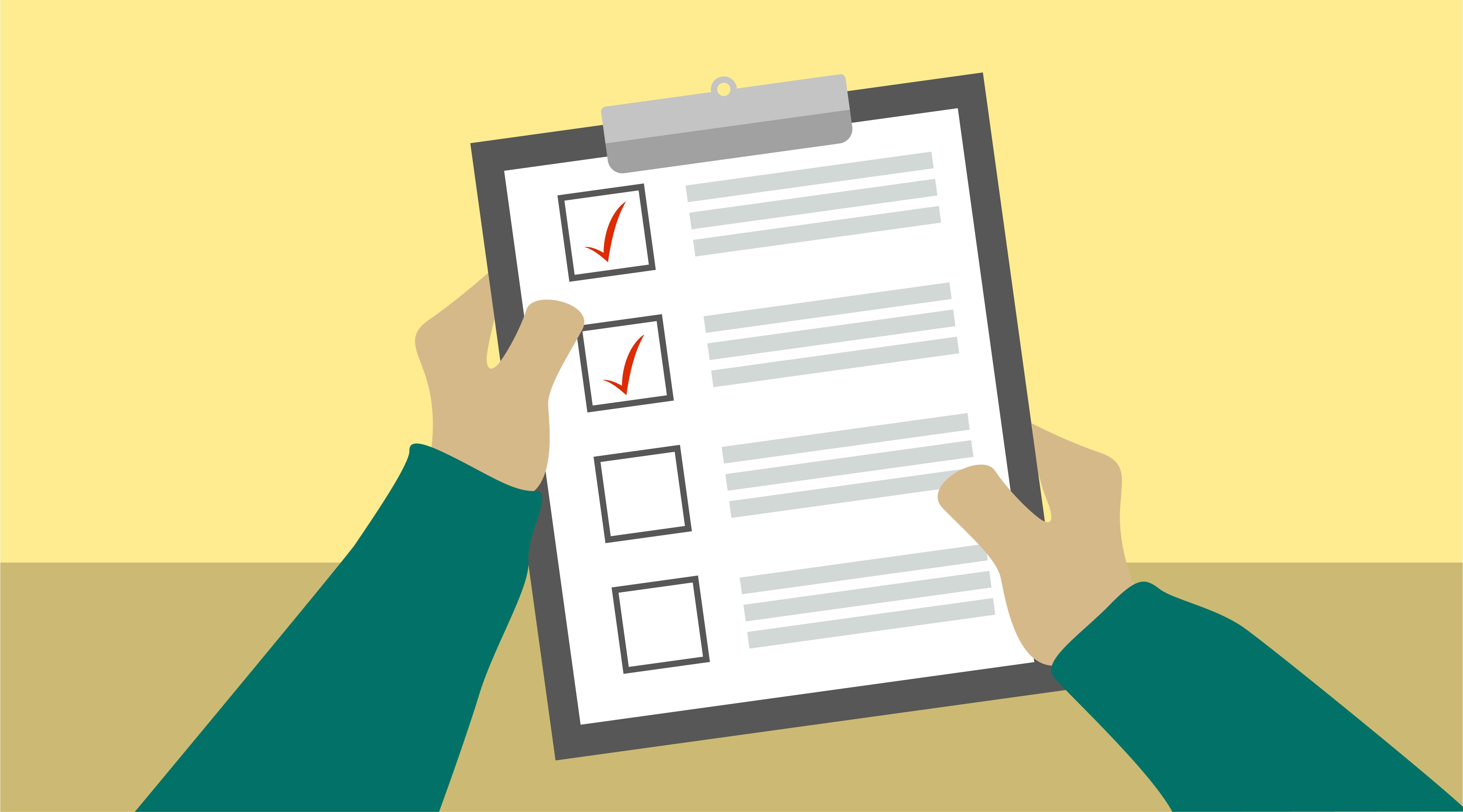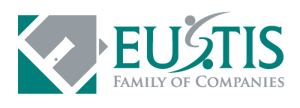
It's easy to get caught up in the excitement of buying a home. Whether you're buying your first home or your 10th, it's good to stay organized and remember everything that needs to be in order financially before purchasing. Here's a lucky list of 7 different finance costs to remember to keep in your budget while purchasing.
Earnest Money
Also known as "Good Faith Money," earnest money is a deposit, ranging from 1 to 5 percent of the cost of the home made to the seller that acts as a security deposit and gets applied to your down payment or closing cost. This money is typically held together by the seller and buyer in an escrow account and allows the buyer more time to seek proper financing during the home buying process.
Down Payment
A down payment is the money a home buyer pays the seller to lock in the deal and prove you're serious about purchasing the home. Fortunately, VA Loans do not have to make any down payment. One of the many ways we show our appreciation to those serving our country. The most common loan you'll find is a conventional loan where you can expect to pay around 20%, or another common loan is an FHA loan where your down payment can be as low as 3.5%. When first talking with a lender, it's best to decide which loan is the right loan for you so you can prepare along the way before closing.
Closing Costs
Closing fees include things like the attorney's fee, survey fees, and document preparation fees.
The total amount comes to about 3 to 4% of your home's value. Therefore, if your purchasing a home for $300,000, your closing costs will range from $6,000 - $12,000
An important note is that these funds typically can not be borrowed, as it will raise the buyers rate where they may no longer be able to qualify for a loan.
Insurance
Homeowners insurance protects your property and belongings in the event something were to happen to it. For example: a fire.
Property Tax
Property taxes will vary depending on the county you live in. These funds often go to local entities such as your city governments, schools in the district, and utility authorities.
These funds will generally cost you about 2%-3% of your home purchasing price. Therefore, if your home was purchased at $300,000, you'll be paying around $2,000 - $3,000 in property taxes annually.
Utilities
When purchasing a larger space you will notice a rise in the cost of your utilities. This will include necessities such as water, electric and gas, but also extras such as cable, internet and phone lines.
Appliances and Furnishings
Just about any time you're moving into a new space, it won't come furnished with a refrigerator, washer and dryer... etc. It's best to have a few extra thousand dollars saved up for these.
Maintenance
Homeowners should put aside 1% - 3% of their home's purchase price to cover annual maintenance on the home. Different factors can determine what your costs will turn out to each year. The age of the home, the weather that year, the condition in which you bought the home, location...etc.
If you purchased your home at $300,000, you should put aside $3,000 annually. This doesn't mean that you will spend that much every year. Some years you will spend less and some years more. The key is to be prepared when these costs pop up.
For more information on the home buying process, contact us today!


